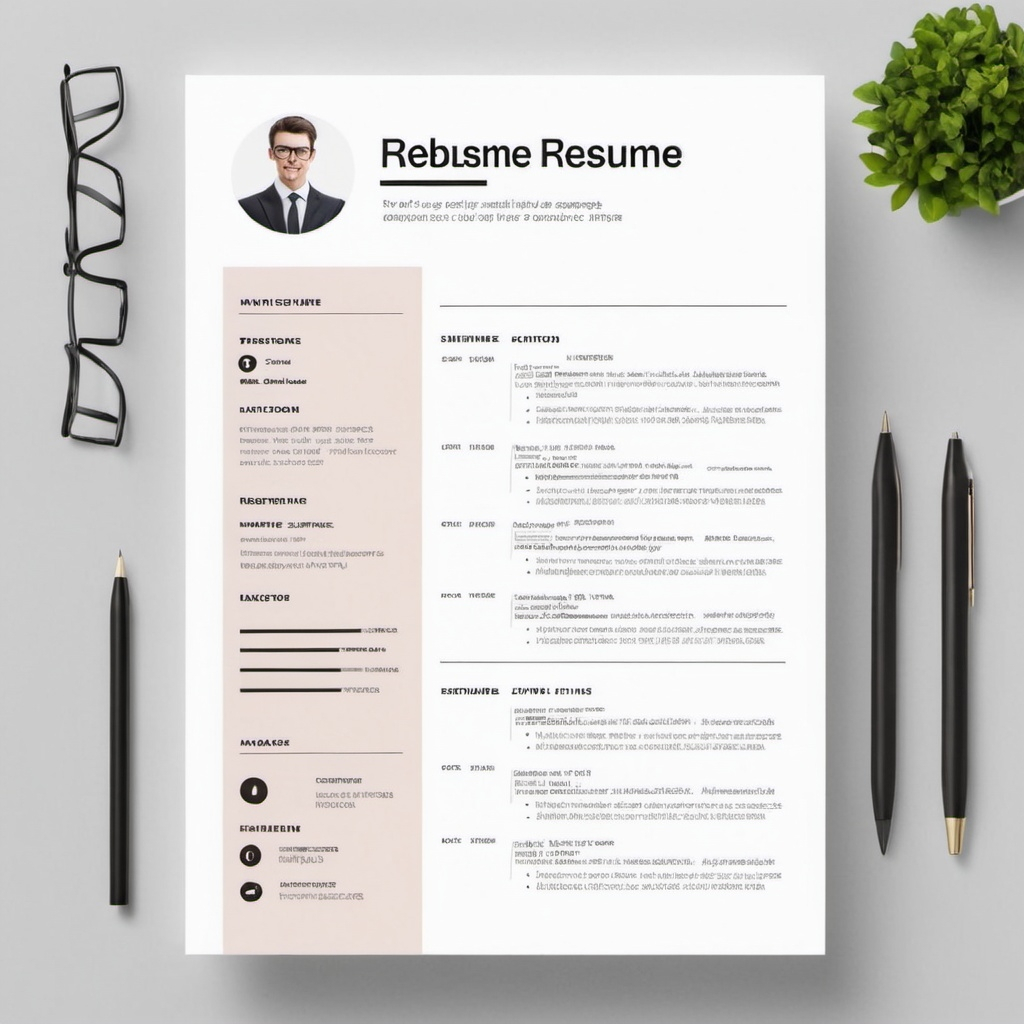Crafting a resume that stands out is crucial in today’s competitive job market. One of the most effective strategies for gaining an edge is to tailor your resume for the specific industry you’re targeting. A generic resume might not highlight the skills and experiences that are most relevant to a particular industry, so customizing your resume can make a significant difference. Here’s a step-by-step guide on how to tailor your resume for different industries.
1. Research the Industry
Before tailoring your resume, it’s essential to understand the industry you’re targeting. Each industry has its own set of expectations, preferred skills, and jargon. Start by researching:
– Key Skills: Identify the skills that are highly valued in the industry. For example, tech industries might prioritize programming languages, while the finance sector may focus on analytical skills.
– Industry Trends: Stay updated on the latest trends and demands within the industry. This will help you align your resume with what employers are currently looking for.
– Job Descriptions: Review job postings in the industry to understand the common qualifications and experiences required.
2. Identify Transferable Skills
Transferable skills are those that can be applied across different industries. These might include leadership, communication, problem-solving, or project management. Identify which of your transferable skills are most relevant to the industry you’re targeting and emphasize them on your resume.
For example, if you’re transitioning from education to corporate training, highlight your experience in curriculum development, presentation skills, and ability to engage an audience.
3. Customize Your Objective or Summary
The objective or summary section at the top of your resume is your first chance to grab the employer’s attention. Tailor this section to reflect your understanding of the industry and how your skills and experiences align with what they are looking for.
Instead of a generic objective like “Seeking a challenging position in a dynamic company,” customize it to something like “Experienced project manager with a strong background in the healthcare industry, looking to leverage expertise in streamlining operations and improving patient care in a leading hospital setting.”
4. Adjust Your Work Experience
When tailoring your work experience, focus on the accomplishments and responsibilities that are most relevant to the industry you’re targeting. Use industry-specific keywords and language to describe your achievements.
For example, if you’re moving from retail management to the hospitality industry, emphasize your experience in customer service, team leadership, and sales management. Reframe your past roles to show how they’ve prepared you for a new industry.
5. Highlight Relevant Education and Certifications
Certain industries require specific educational backgrounds or certifications. Ensure that these are prominently displayed on your resume. If you’ve taken courses or earned certifications that are particularly relevant to the industry, list them in a separate section or include them under your education.
For example, if you’re applying for a position in the finance sector and have completed courses in financial modeling or investment analysis, make sure to highlight these credentials.
6. Use Industry-Specific Keywords
Many companies use Applicant Tracking Systems (ATS) to screen resumes. These systems scan resumes for keywords that match the job description. To increase the chances of your resume getting noticed, use industry-specific keywords that are commonly found in job postings.
For example, if you’re applying for a role in digital marketing, include terms like “SEO,” “content strategy,” and “social media campaigns” if they align with your experience.
7. Tailor the Design and Layout
Different industries have different expectations when it comes to resume design. For creative industries like advertising or graphic design, a more visually appealing resume might be appropriate. In contrast, traditional industries like finance or law might favor a more conservative and straightforward design.
Adjust the layout, font, and overall design of your resume to align with industry standards while still making it easy to read and professional.
8. Include Industry-Specific Accomplishments
If you’ve achieved significant accomplishments in a specific industry, make sure to highlight these. Quantify your achievements where possible to demonstrate the impact of your work.
For example, if you’re applying to a sales position, you might highlight that you “Increased regional sales by 25% within one year by implementing a new client outreach strategy.”
9. Tailor Your Cover Letter
While this guide focuses on resumes, don’t forget to tailor your cover letter as well. Your cover letter should complement your resume by expanding on your most relevant experiences and explaining why you’re interested in the industry.
Use the cover letter to showcase your knowledge of the industry and how your background makes you a perfect fit for the role.
10. Review and Revise
Finally, review your tailored resume for accuracy, clarity, and relevance. Ask someone familiar with the industry to review your resume and provide feedback. Ensure that your resume is free from errors and that it effectively communicates how your skills and experiences align with the industry’s needs.
Conclusion
Tailoring your resume for different industries is a strategic approach that can significantly improve your chances of landing an interview. By understanding the industry, highlighting relevant skills, and customizing your resume’s content and design, you can make a strong case for why you’re the ideal candidate. As you navigate different industries, remember that each tailored resume is a step closer to your career goals.

